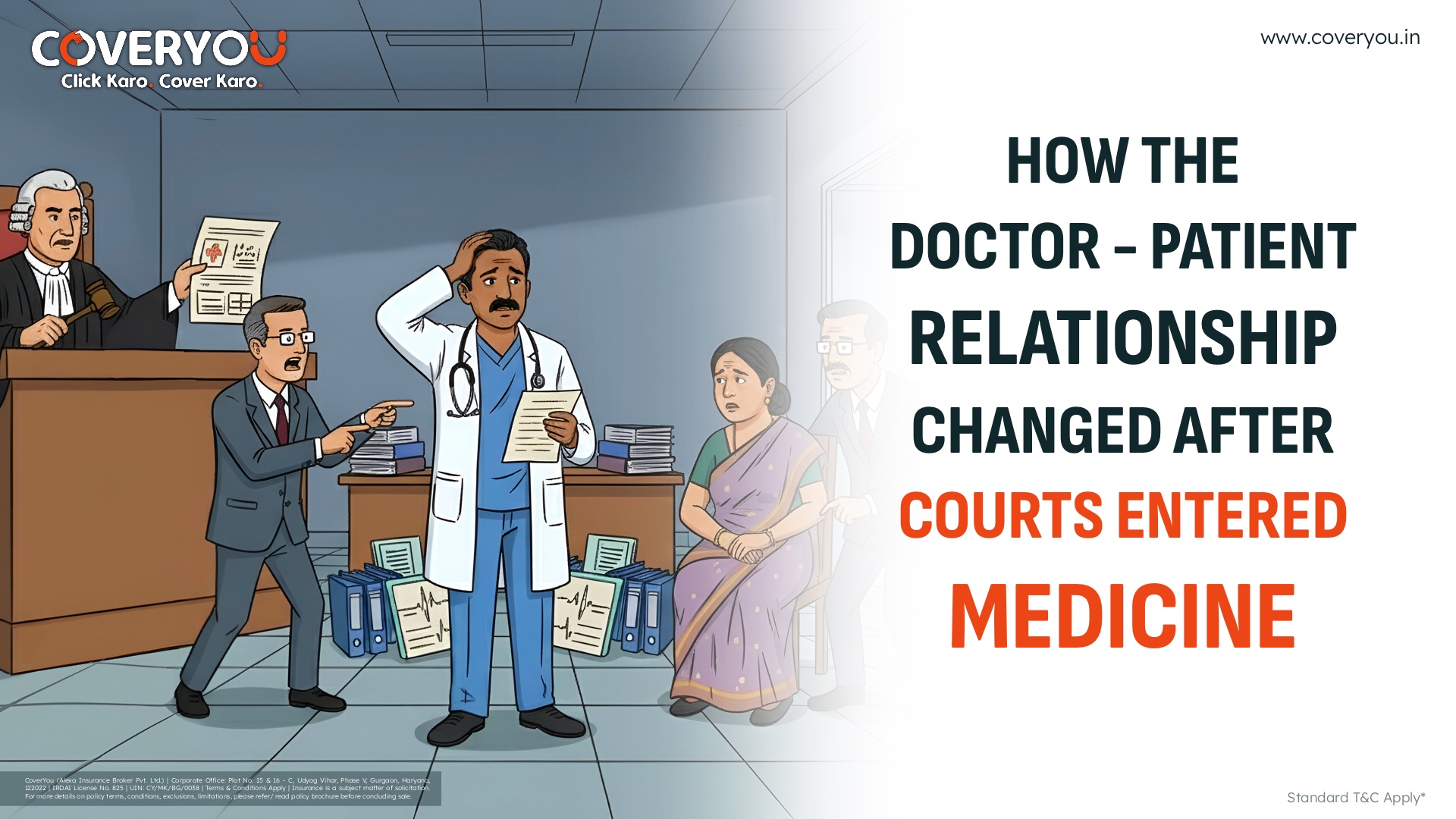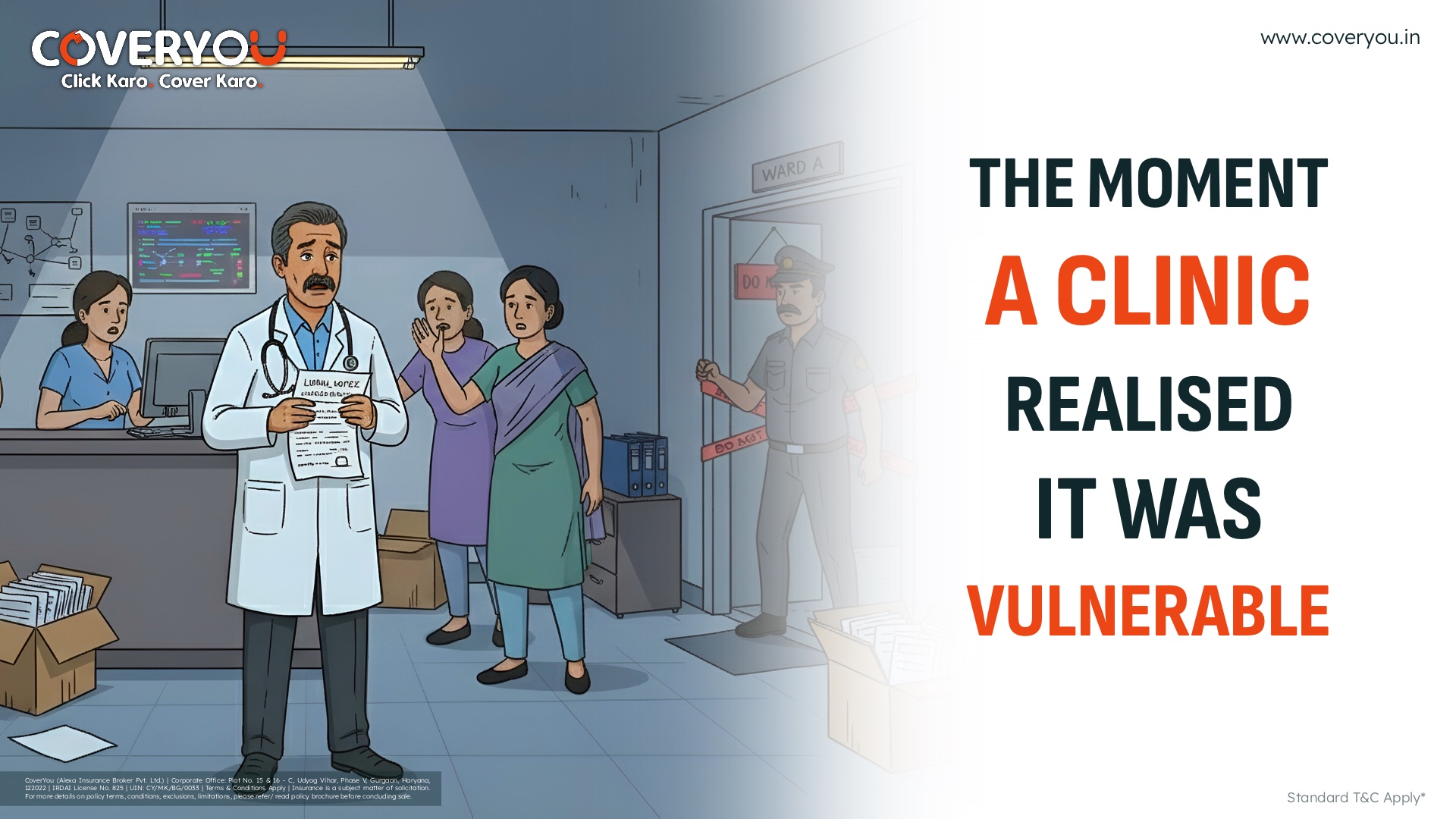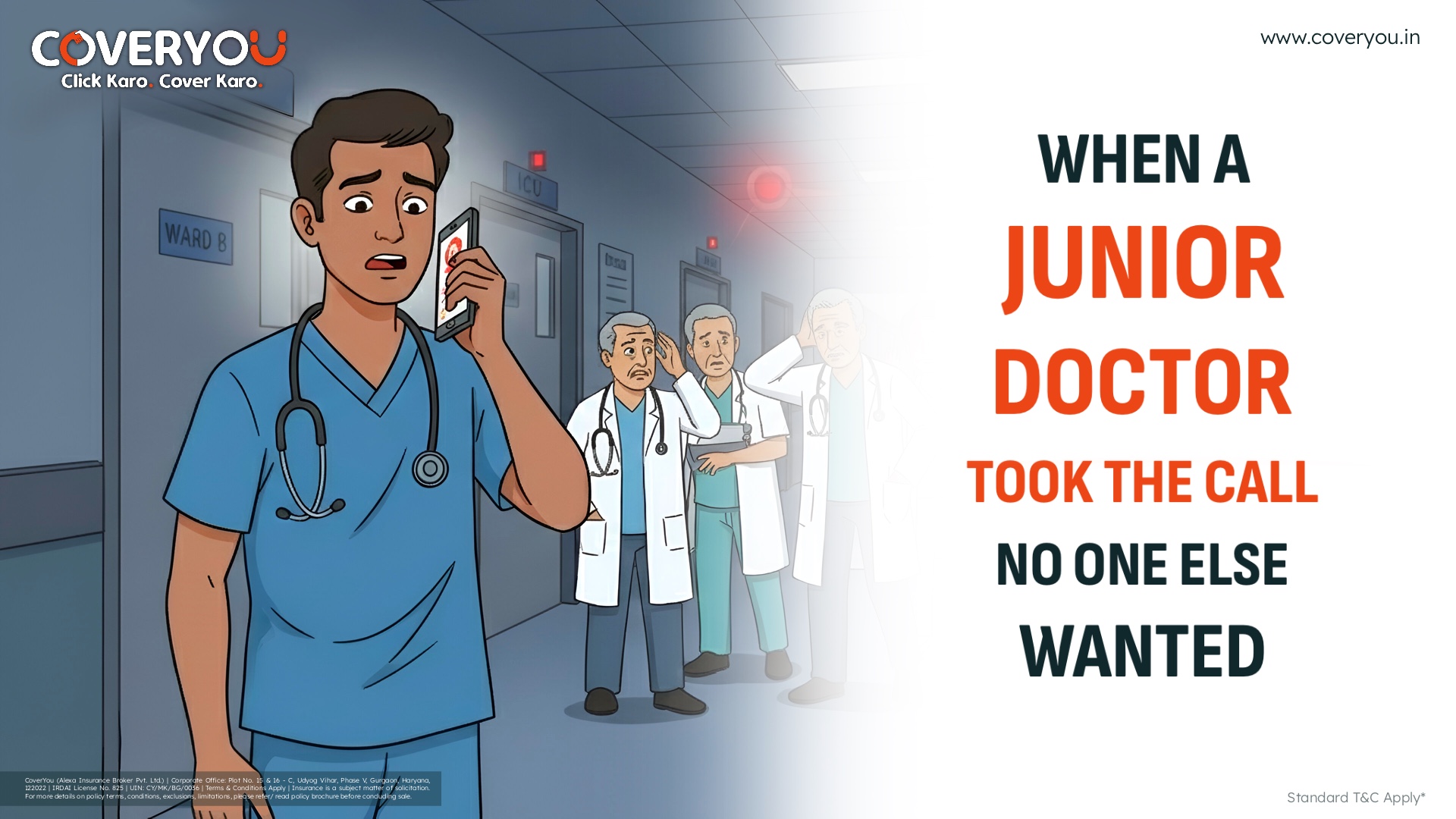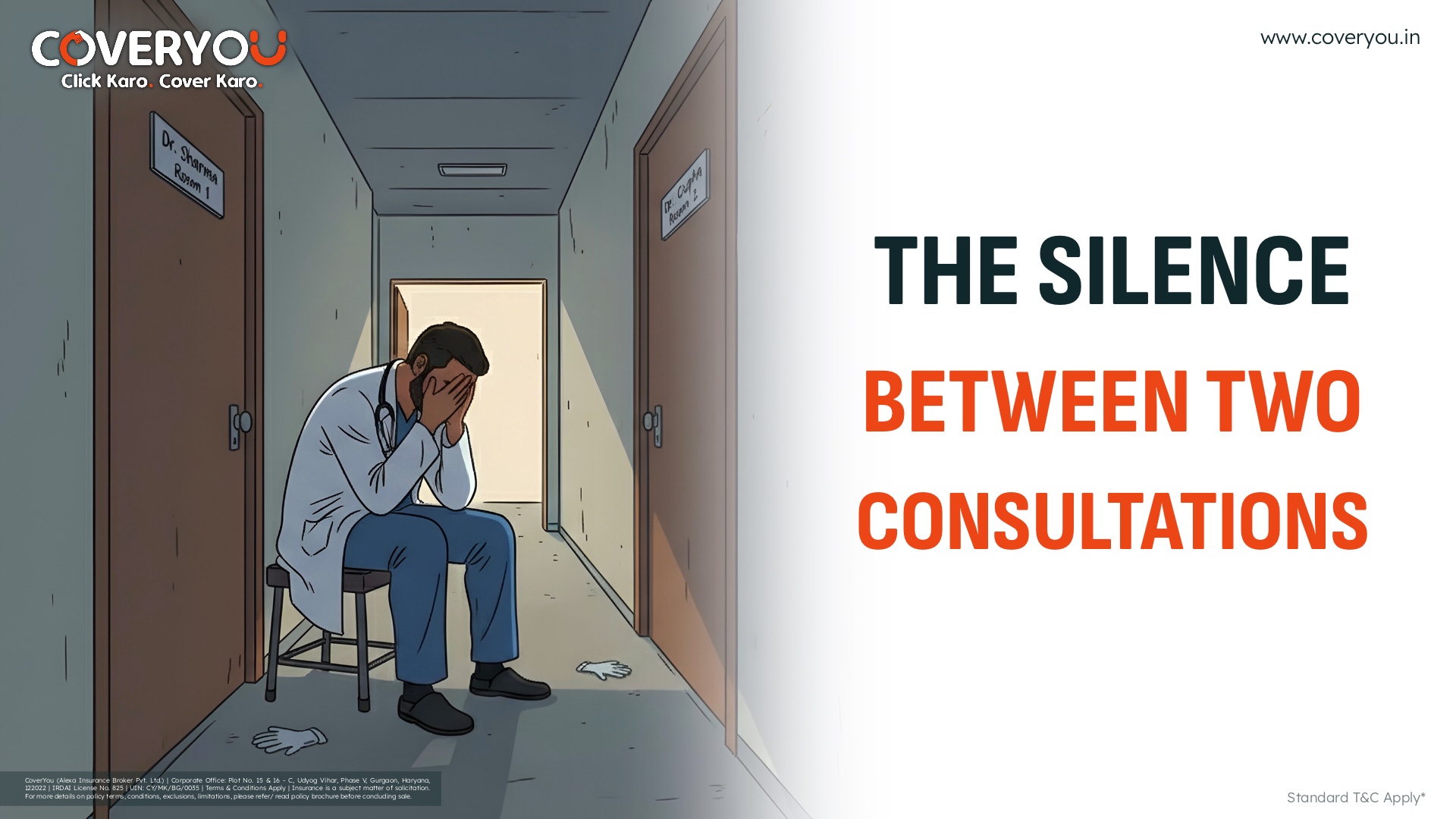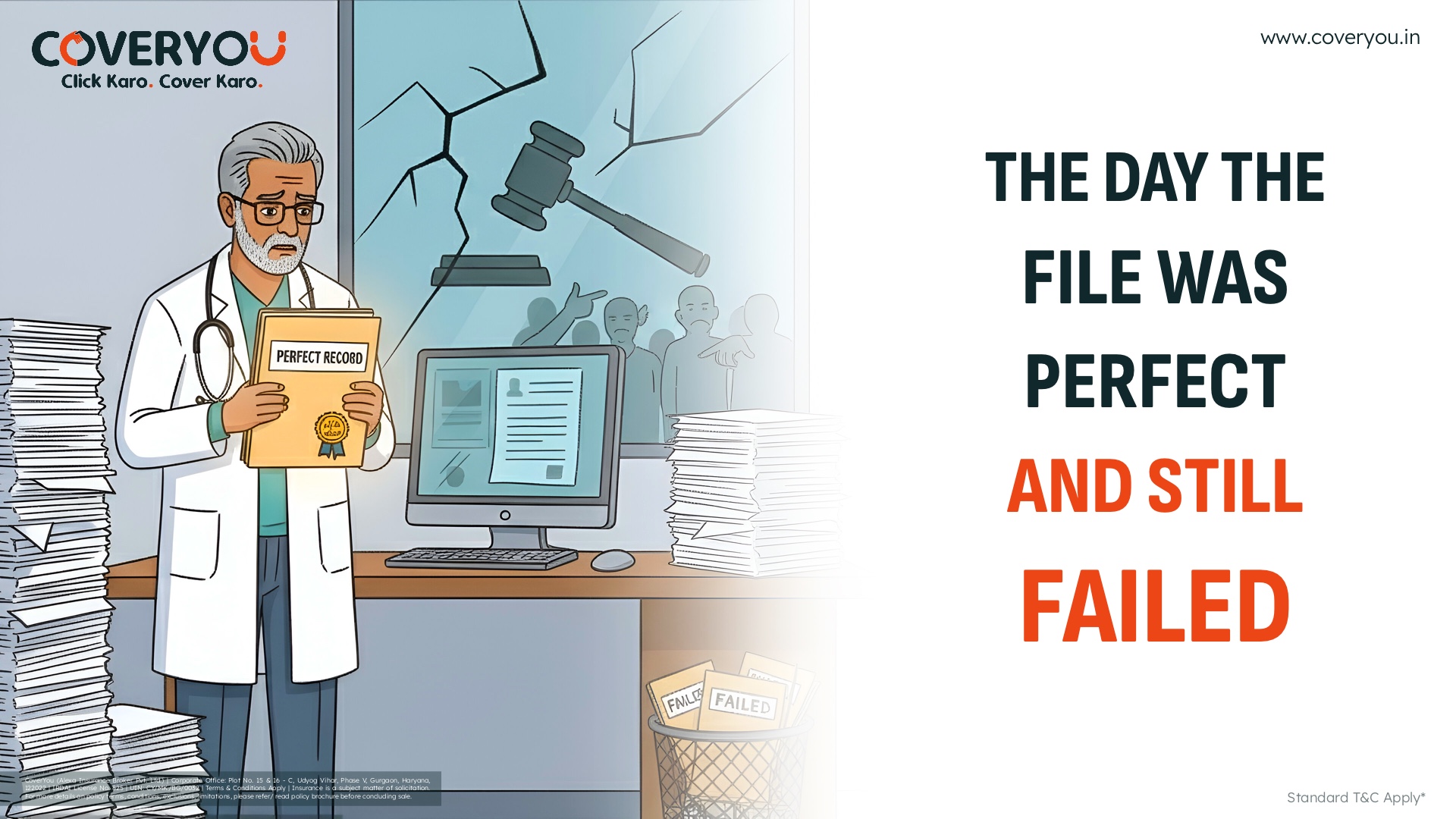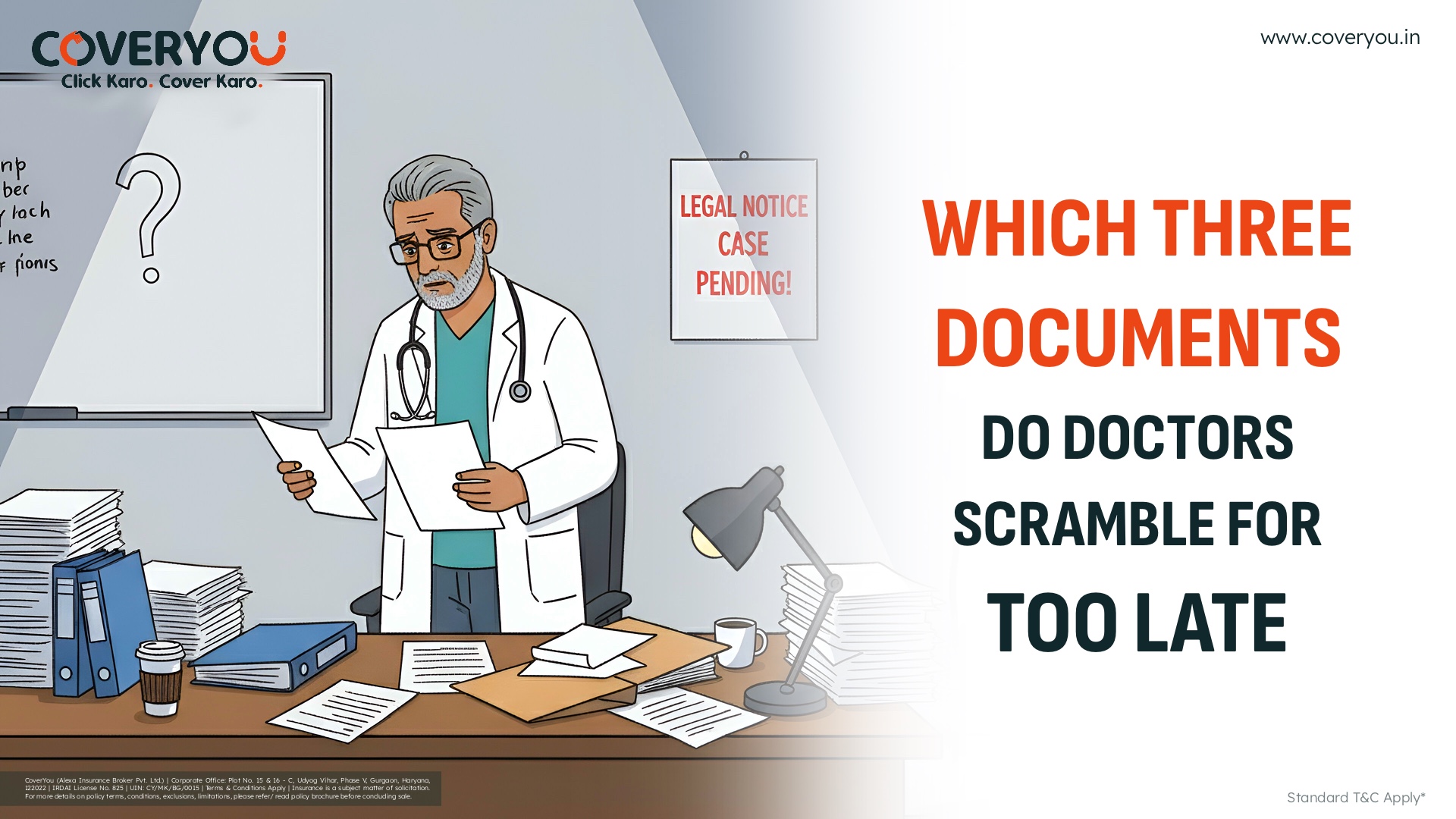Medical negligence cases can have profound implications on a doctor’s professional and personal life. From reputational damage to legal battles, the consequences of being accused of negligence extend far beyond financial losses. Understanding these implications is crucial for medical professionals to mitigate risks and safeguard their careers.
Reputational Damage and Trust Deficit
A doctor’s reputation is built on years of education, training, and experience, yet a single case of medical negligence can severely tarnish their credibility. Patients and the medical community may lose trust in the doctor’s competence, leading to a decline in patient inflow and professional standing. This trust deficit often lingers even after exoneration, making reputation management an uphill battle.
Legal Consequences and Financial Strain
Medical negligence cases often lead to prolonged legal battles, which can be financially draining. Litigation costs, compensation payouts, and legal fees may mount over time, pushing doctors into financial distress. Additionally, facing multiple lawsuits can result in suspension or revocation of a medical license, threatening long-term career sustainability.
Emotional and Psychological Stress
The emotional burden of a medical negligence lawsuit can be overwhelming. Doctors may experience anxiety, depression, or burnout due to constant scrutiny and public judgment. The psychological toll of litigation can lead to decreased performance, further increasing the likelihood of future errors and potential legal troubles.
Impact on Career Progression and Employability
Hospitals and healthcare institutions conduct thorough background checks before hiring professionals. A history of negligence cases can reduce job opportunities for doctors, making it difficult to secure employment in reputable hospitals. Even if a doctor retains their license, promotions and career growth may be hindered due to doubts about their reliability and professionalism.
Strained Doctor-Patient Relationships
When a negligence case surfaces, existing and potential patients may develop hesitations about seeking treatment from the accused doctor. The fear of misdiagnosis or malpractice can lead to fewer consultations, directly impacting a doctor’s practice and earnings. Rebuilding patient confidence after an accusation requires significant effort and transparency.
Increased Scrutiny and Professional Monitoring
Doctors involved in negligence cases often face heightened scrutiny from medical boards, employers, and regulatory bodies. Regular audits, increased supervision, and additional training requirements may be imposed as preventive measures. This increased monitoring can add pressure to an already demanding profession.
The Need for Comprehensive Professional Indemnity Insurance (PII)
Given the high risks associated with medical negligence, having Professional Indemnity Insurance (PII) is essential for doctors. PII provides financial protection against claims arising from alleged medical negligence cases, covering legal expenses, compensation payouts, and damages. A well-structured PII policy ensures that doctors can focus on patient care without the looming fear of legal repercussions.
Professional Indemnity Insurance from CoverYou
CoverYou offers tailored PII policies designed to protect medical professionals from the financial and legal consequences of negligence claims. Their comprehensive coverage includes legal defense costs, settlements, and compensation claims, providing a safety net against unforeseen liabilities. Opting for PII from CoverYou allows doctors to practice with confidence, knowing they have robust legal and financial protection against malpractice accusations.
Medical negligence cases can be career-altering, but proactive measures such as reputation management, mental health support, and professional indemnity insurance can help doctors navigate these challenges effectively. Investing in PII is a crucial step in ensuring financial security and career longevity in the ever-evolving medical landscape.

